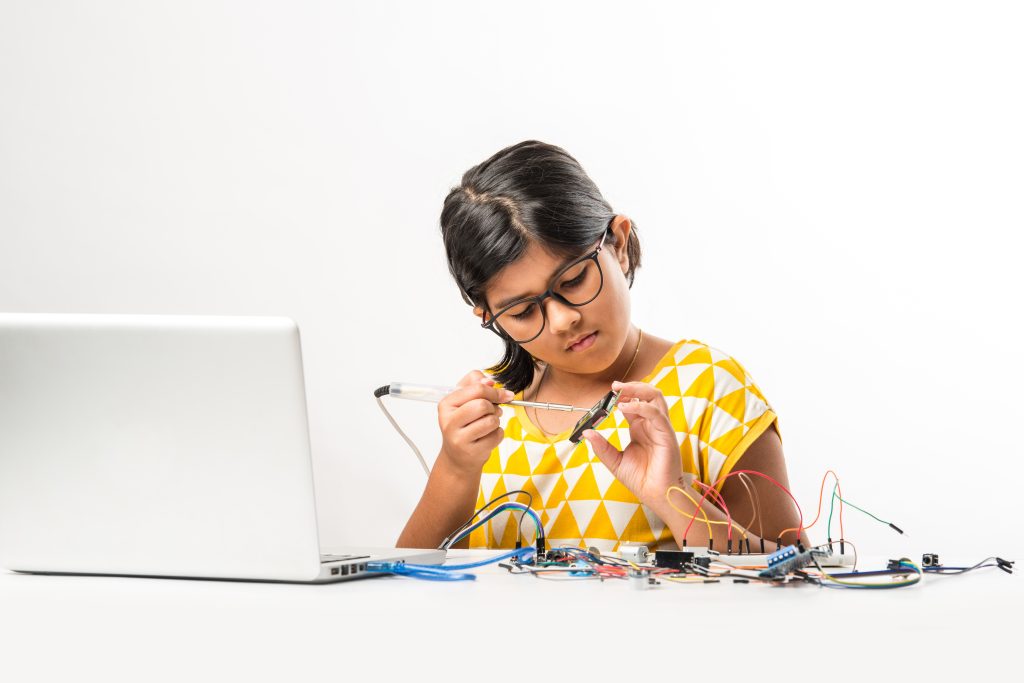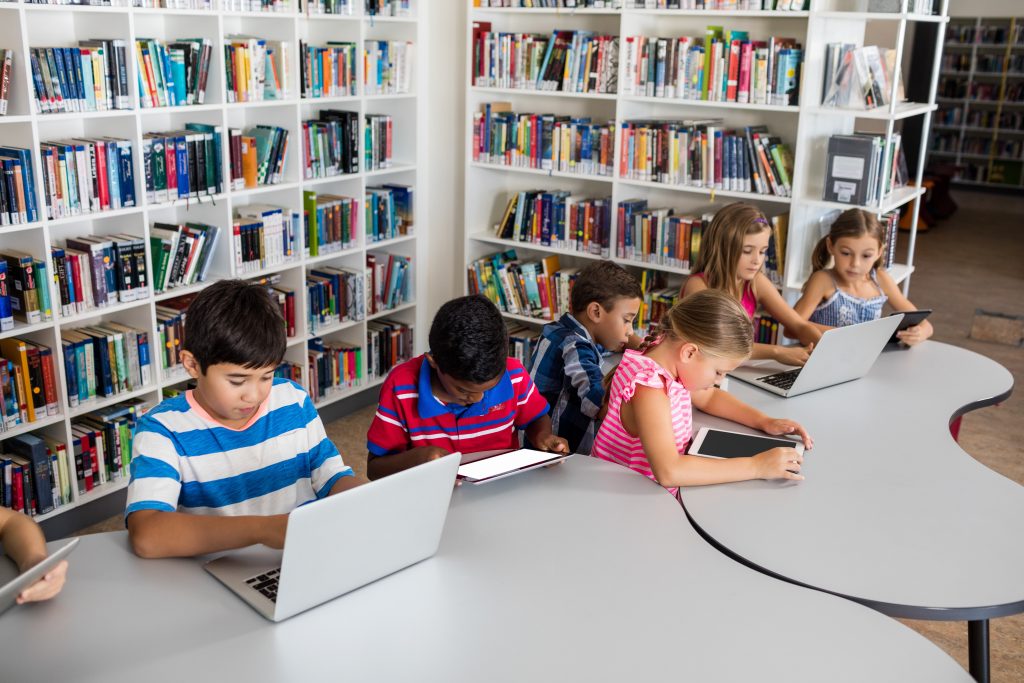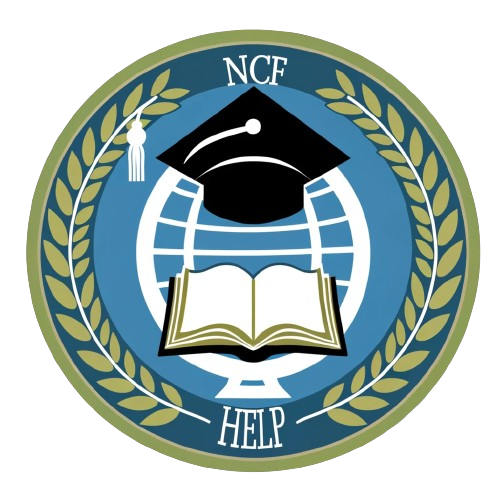In a constantly evolving landscape shaped by unprecedented global forces and unforeseen technologies, the ways students want to learn are undergoing a paradigm shift. In this context, a crucial question arises: will teachers remain relevant? What can educators do now to thrive in this era of constant, non-ending disruption? Who will be the educators of the 21st century?
These are some of the questions that have been circulating and actively discussed within the educational community. The essence of what educators must do in the future remains the same as it has always been: to facilitate student learning of relevant skills, knowledge, attitudes, attributes, and behaviors necessary to become good and productive citizens. However, the methods for imparting these skills will inevitably evolve over time.
Don’t limit a child to your own learning, for he was born in another time.
Rabindranath Tagore
Reimagining the Role of Teachers in the 21st Century
The teachers of the 21st century will be those who can unlearn and relearn; individuals capable of rethinking, redefining, and reimagining the landscape of education. Transforming our teaching content and methods is undoubtedly a challenging endeavor. However, meeting the needs of 21st-century students and equipping young minds with the skills to create a more productive, cohesive, and inclusive world is an urgent necessity.

“The true teachers are those
who help us think for ourselves.”
Dr. Sarvepalli Radhakrishnan
Embracing New Technologies and Methodologies in Education
Transitioning from solely teaching students to learning alongside them, and even from them, is a pressing priority. This entails embracing continuous learning as an integral part of our professional practice to maintain relevance in the ever-evolving educational landscape. By doing so, we become effective role models and learning facilitators for our students. Flexibility is crucial, as is utilizing feedback as a springboard for growth, adapting to the needs and aspirations of our learners. The role of the educator must be redefined as that of a lifelong learner. For many, this may require acknowledging the significant difference between teaching for 20 years and simply repeating one year of teaching 20 times over.
Integrating Technology and Continuous Learning in Education
With the rise of Technology, Artificial Intelligence, and Industry 4.0, questions surrounding the continued relevance of teachers in this evolving ecosystem are emerging. Educators must adapt and evolve, proactively developing their technical knowledge to navigate these new and complex landscapes while effectively contextualizing the teaching-learning process. Their role will involve filtering the overwhelming amount of information accessible to students and providing them with valuable perspectives. In essence, teachers of the future must equip students with a comprehensive understanding of any given topic, including its historical evolution and real-world applications, fostering deeper engagement and immersion in the subject matter. As new tools and platforms emerge, ongoing professional development is crucial for educators to seamlessly integrate technology into their pedagogical practices. This may encompass exploring educational software, mastering digital tools, and familiarizing themselves with online learning platforms. A growth mindset will be the key to ensuring educators remain relevant in the years to come.
Cultivating Mentorship and Adapting to Diverse Learning Styles
The role of the teacher is shifting from a “sage on the stage” to a “guide by the side.” The educators of tomorrow will be expected to cultivate mentoring relationships with their students, recognizing individual learning styles and acknowledging the impact of the wider network of individuals, including fellow educators, peers, and families, on student learning.

Together We Grow: Young Minds Celebrating Diversity.
Promoting Diversity and Inclusivity in Educational Practices
Embracing cultural diversity and inclusivity in the classroom presents another avenue for enhancing teacher relevance. As student populations become increasingly diverse, educators must ensure their teaching methods reflect and respect the varied cultural backgrounds and identities of their students. By developing intercultural competence and honing social and emotional skills, teachers can cultivate inclusive learning environments that foster understanding, empathy, and respect for diversity. This paves the way for more personalized, self-paced, and self-directed learning, where flexibility allows for tailoring the pace of learning to individual student needs, ultimately leading to a truly inclusive classroom experience.
Further Reading:
Educause Review: https://er.educause.edu/ – This publication frequently explores emerging trends and technologies in higher education, offering insights into evolving student expectations and learning preferences.
Fullan, M. (2007). The new meaning of educational change (4th ed.). Teachers College Press. – This book explores the changing dynamics of educational reform and the need for continuous learning among educators.
Hattie, J. (2009). Visible learning: A synthesis of over 800 meta-analyses relating to achievement. Routledge. – This influential work highlights the importance of feedback and student-centered approaches in effective teaching.
Bawden, D. (2001). Information and digital literacies: A review of concepts. Journal of Documentation, 57(2), 218-259. – Discusses the concept of information overload and the skills needed to navigate the abundance of information in the digital age.
Harasim, L. (2012). Learning theory and online technologies. Routledge. – Explores the potential of online learning platforms and their impact on pedagogical practices.

